Choosing the Best HVAC System for Your Home
Choosing the right local HVAC company is crucial for maintaining comfort and efficiency in your home. With so many systems available, it's important to understand the different types of systems, their benefits and drawbacks, and how they can best serve your specific needs. HVAC systems are significant investments that affect your home's indoor comfort levels, overall energy costs, and environmental footprint. By thoroughly researching and assessing your options, you can make an informed decision that provides both immediate and long-term benefits. This article will guide you through the essential aspects of selecting the best HVAC system for your unique requirements.
Understanding HVAC System Types
Central air conditioning systems are among the most common types of HVAC setups found in residential properties. These systems work by circulating conditioned air through a system of ducts, providing consistent cooling throughout the home. They are known for their efficiency in cooling large spaces, especially when combined with modern thermostats. However, installation costs can be significant, especially in homes without existing ductwork. Additionally, central systems often require regular maintenance to ensure they operate at peak efficiency, avoiding costly repairs down the line.
Ductless mini-split systems offer a versatile solution for homes lacking ducts or for those requiring separate zones of climate control. These systems consist of an outdoor compressor and an indoor air-handling unit linked by a conduit. One of their primary advantages is the ability to cool or heat specific areas of a home, enhancing efficiency by avoiding energy wastage. Moreover, they are easier to install than traditional systems since there is no need for ductwork. While they can be more expensive per unit area, the ability to tailor the setup to specific zones often compensates over time in energy savings.
Heat pump systems present an eco-friendly option that can offer both heating and cooling. According to CNET, there are two types of heat pumps available: air-source heat pumps and ground-source heat pumps, also known as geothermal pumps. Air-source models draw heat from the air outside, while ground-source systems extract heat from the earth, offering potentially higher efficiency. These systems are suitable for moderate climates, although advancements have made them viable in more varied conditions. Despite a higher initial installation cost, the energy savings and potential government incentives make heat pumps an attractive option for the environmentally conscious homeowner.
Considering Energy Efficiency Solutions
When evaluating local HVAC companies and the systems they use, examining the Seasonal Energy Efficiency Ratio (SEER) ratings is essential. The SEER rating measures the ratio of cooling output during a typical cooling season to the total electric energy input. A higher SEER rating indicates a more energy-efficient system, which can lead to substantial savings on energy bills. While the upfront cost of higher-SEER units may be greater, the long-term savings and environmental benefits often justify the investment. Selecting a system with an optimal balance of cost and efficiency can significantly impact your home's energy footprint.
Energy Star certification serves as another crucial marker of energy efficiency for HVAC systems. Products that earn this label adhere to strict guidelines set by the U.S. Environmental Protection Agency, ensuring that they use less energy than standard products while still providing high performance. Choosing Energy Star-certified systems can result in reduced energy bills and emissions without sacrificing comfort. Additionally, some states and utilities offer rebates or incentives for installing Energy Star-rated units. Considering certified products not only supports environmental initiatives but also positively impacts household finances over time.
Assessing Your Home's Specific Needs
Understanding the climate and weather patterns in your area is vital for selecting an appropriate HVAC system. Different systems perform better under specific conditions, making it essential to consider local temperature ranges, humidity, and seasonal changes. For instance, heat pumps, particularly air-source models, might be ideal for milder climates, whereas more extreme temperatures may demand a combination system like a hybrid or geothermal setup. Awareness of local environmental conditions helps determine the most efficient and cost-effective HVAC solution for long-term comfort. Tailoring your choice to your climate not only enhances comfort but also improves system lifespan and efficiency.
Home size and layout significantly influence the effectiveness and selection of HVAC systems. Larger homes or those with multiple floors might benefit from zoned systems such as ductless mini-splits, providing targeted heating and cooling to reduce energy waste. Conversely, smaller homes may find more value with a central air system, ensuring comprehensive coverage with minimal components. The layout, including aspects like ceiling height and window placement, further impacts the distribution of airflow, necessitating consideration during system selection. Adequately accounting for these factors ensures the chosen system provides balanced coverage and efficiency.
Evaluating current insulation levels and existing ductwork presents critical steps before selecting a new HVAC system. Proper insulation significantly affects a home's heating and cooling retention, directly impacting system workload. Homes lacking sufficient insulation or with inefficient ductwork may incur higher operating expenses, regardless of the HVAC system installed. Conducting an energy audit can identify potential improvements and upgrades needed to optimize the performance of any new system. By enhancing your home's envelope, you ensure that your investment in a new HVAC system operates under ideal conditions.
Budgeting and Cost Analysis
Conducting a thorough analysis of initial purchase and installation costs is an essential part of selecting an HVAC system. The price of different systems can vary widely based on technology, complexity, and installation requirements. While some options, like central air conditioning, may offer lower initial costs, others, like geothermal systems, provide long-term savings despite higher upfront expenditures. Understanding these cost dynamics allows homeowners to align their choices with both their immediate budget and their long-term financial goals. Making informed financial decisions supports sustainable home comfort without unnecessary expenditure.
Long-term operating costs become a crucial consideration when evaluating different HVAC systems. Factors such as energy efficiency, maintenance frequency, and utility rates influence the total expenses associated with a particular system. Opting for an energy-efficient system with lower operating costs can offset higher initial investments over time. Additionally, advancements in technology, like smart thermostats and variable speed compressors, offer further savings by optimizing energy use. Examining the complete cost of ownership ensures the chosen HVAC solution remains economically viable throughout its lifecycle.
Installation and Maintenance Tips
Preparing your home for HVAC installation involves several steps to facilitate a smooth process. First, ensure that the area designated for installation is clear of obstructions, providing technicians with easy access to necessary spaces. Verify that your electrical system supports the new system's requirements, potentially necessitating upgrades to accommodate increased demand. Also, consider completing any insulation enhancements or ductwork repairs identified during your home assessment. Adequate preparation helps streamline the installation process, reduces potential delays, and ensures system performance under optimal conditions.
Understanding the installation process with your local HVAC company equips you with the knowledge to engage effectively with technicians. Installations typically involve component placement, such as outdoor units for central air or conduits for ductless mini-splits, and can vary in duration based on complexity. Being aware of these steps allows you to plan accordingly, minimizing disruptions to your daily routine. Discussing the process beforehand with your contractor clarifies expectations and timelines. A comprehensive understanding supports a positive installation experience and ensures satisfaction with the completed work.
Choosing the best HVAC system for your home involves careful consideration of various factors, from the type of system to energy efficiency, cost, and installation. Understanding your home's specific needs, regional climate, and available options allows for informed decision-making. Partnering with a reputable contractor ensures quality installation and ongoing support, maximizing both comfort and efficiency. Whether opting for a traditional central air system or embracing innovative technologies like geothermal solutions, thoughtful selection supports financial and environmental goals. By investing in the right local HVAC company, you can enjoy reliable and efficient home comfort for years to come. For more information about the services that we offer, reach out to our incredible team at HS Enviromax Heating & Cooling Corp today!
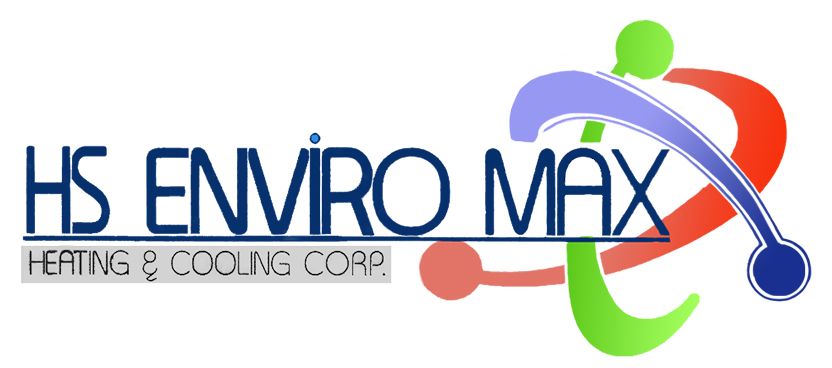
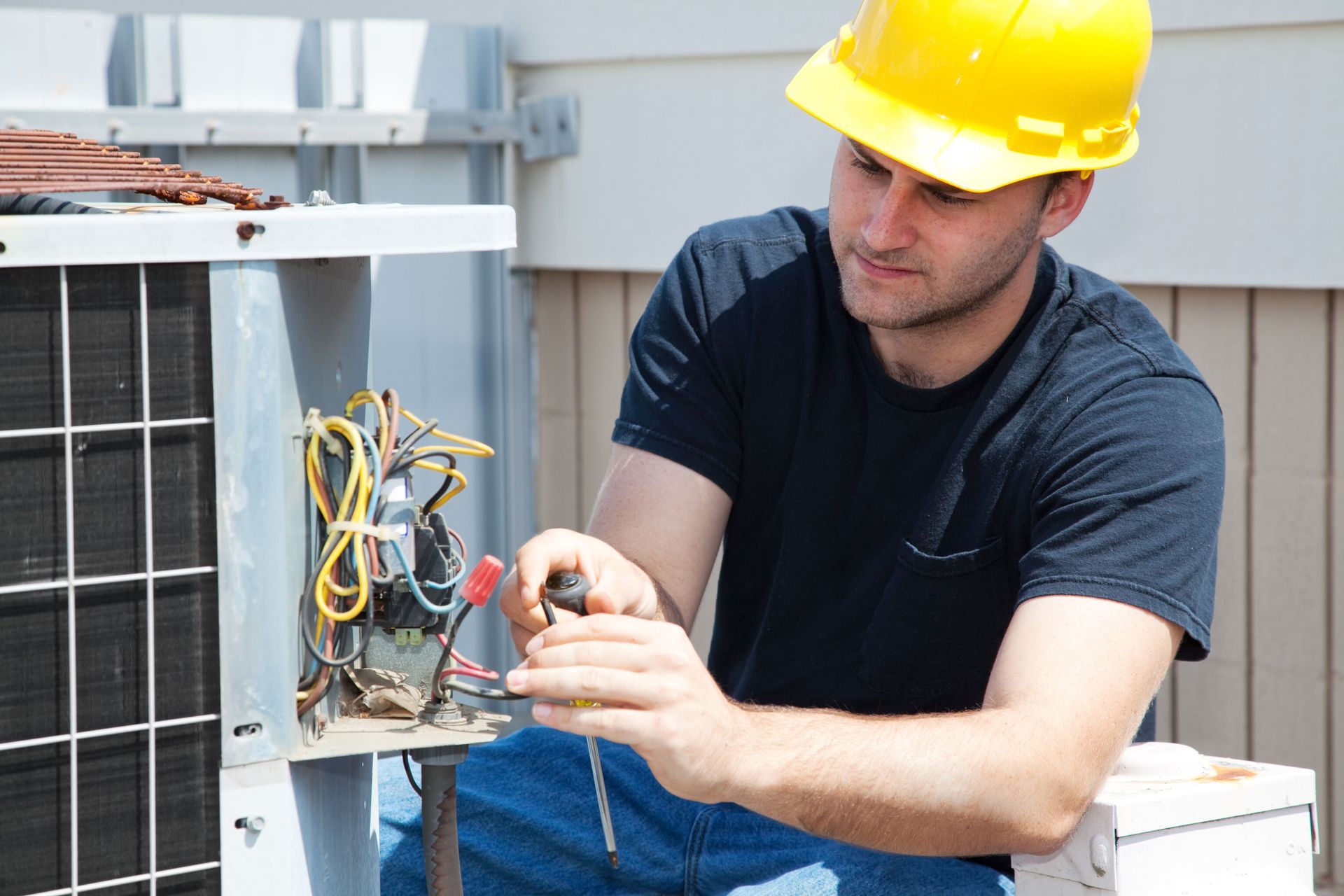
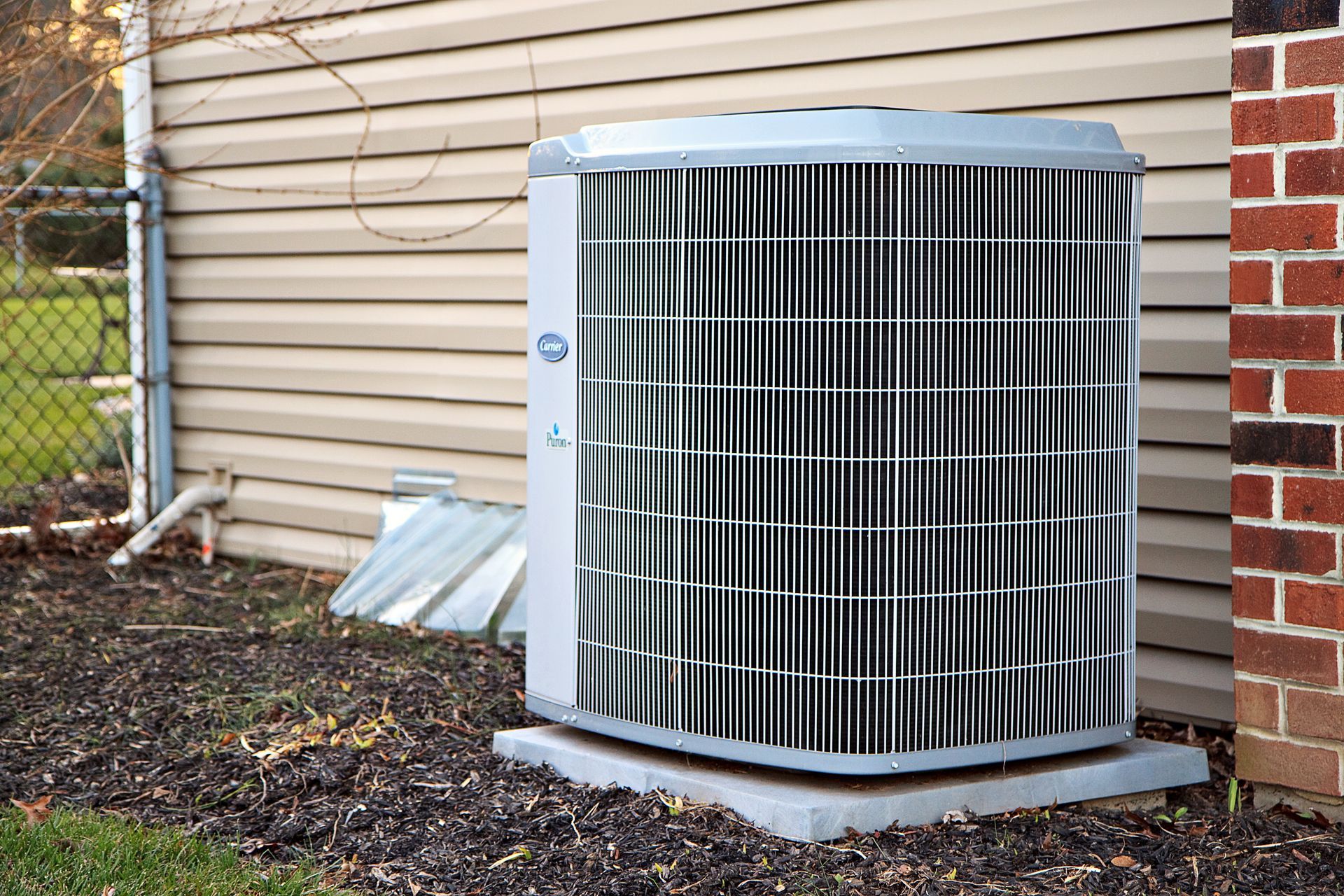
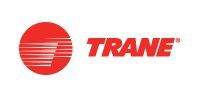


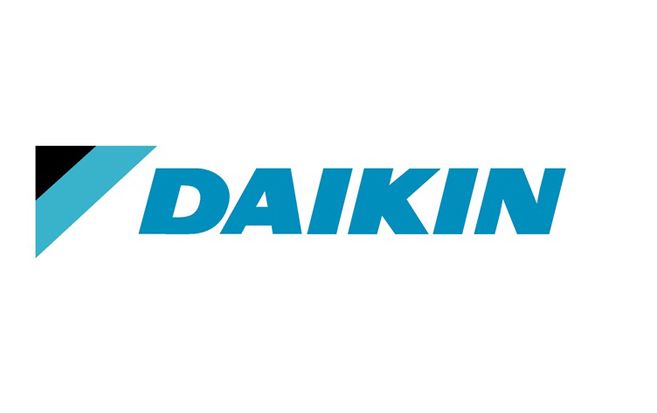
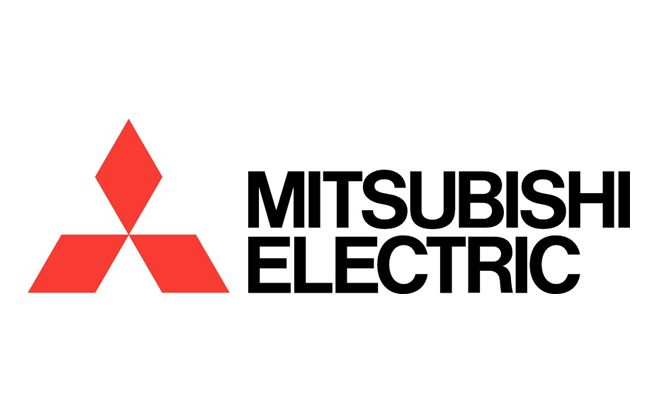
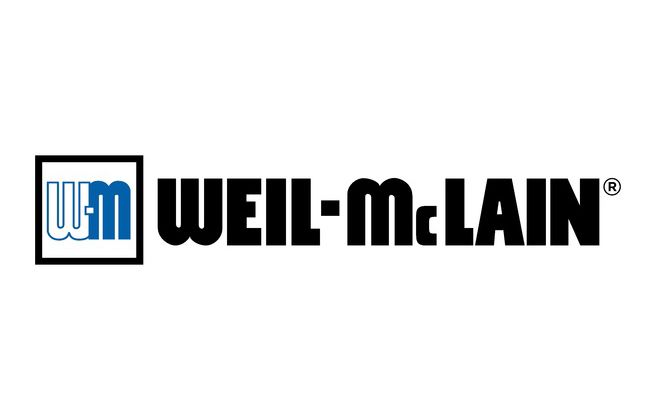
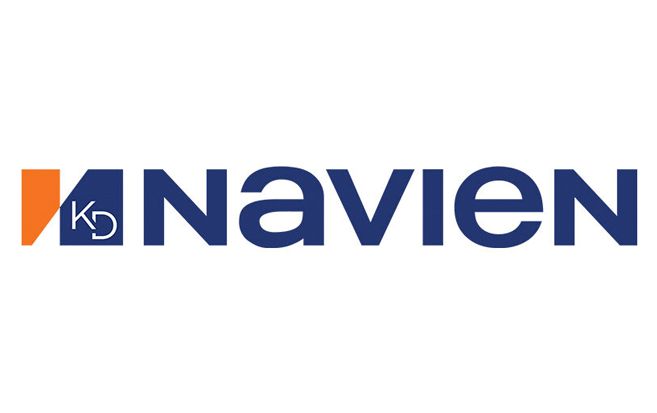

Share On: